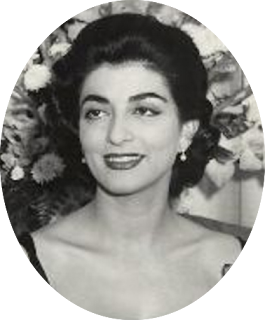From Background to Foreground in Boston's Arabic Music Scene: Ramza Abdelahad, Yvonne Maalouf Rahwan, and Matilda Dada Stephens

From Background to Foreground in Boston's Arabic Music Scene: Ramza Abdelahad, Yvonne Maalouf Rahwan, and Matilda Dada Stephens Ramza Abdelahad, Yvonne Maalouf Rahwan, and Matilda Dada Stephens are credited as the chorus/background singers on on Anton Abdelahad's Middle East Fantasy LP. Courtesy of Richard Breaux collection. Often, through no fault of their own, women who clearly have contributed to and made history of their own are excluded from conversations about music making and larger historical narratives. This is a case where literally the identities of the women in a picture only appear in the original source, but vanished from every single secondary source that has reproduced the photograph. In almost all references we’ve seen about Boston-born, Arab American musician Anton “Tony” Abdelahad , we inevitably come across a photograph taken, at some time in the late 1950s or early 1960s, of ten people (seven men, three women) posing inside a recording studio. The ph


